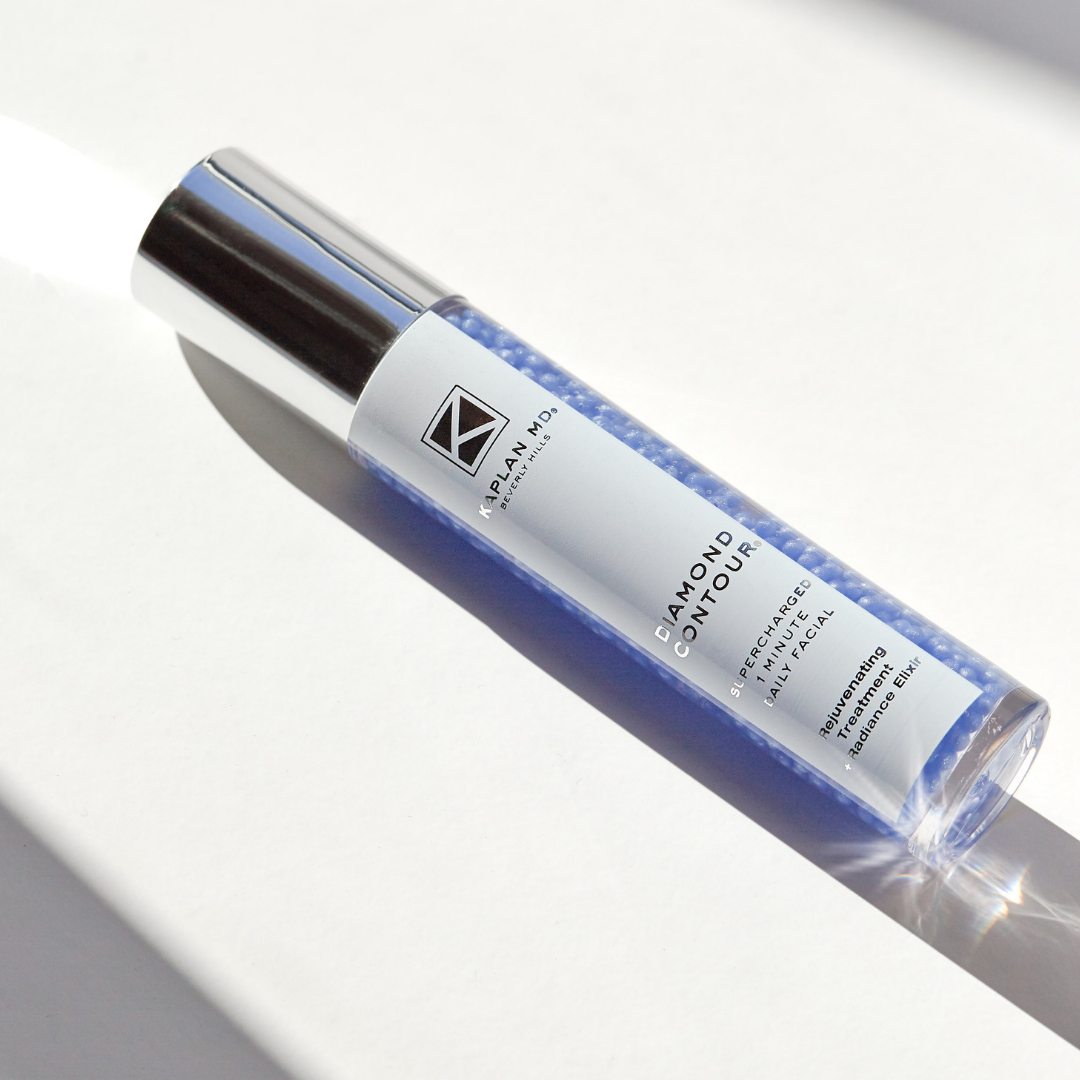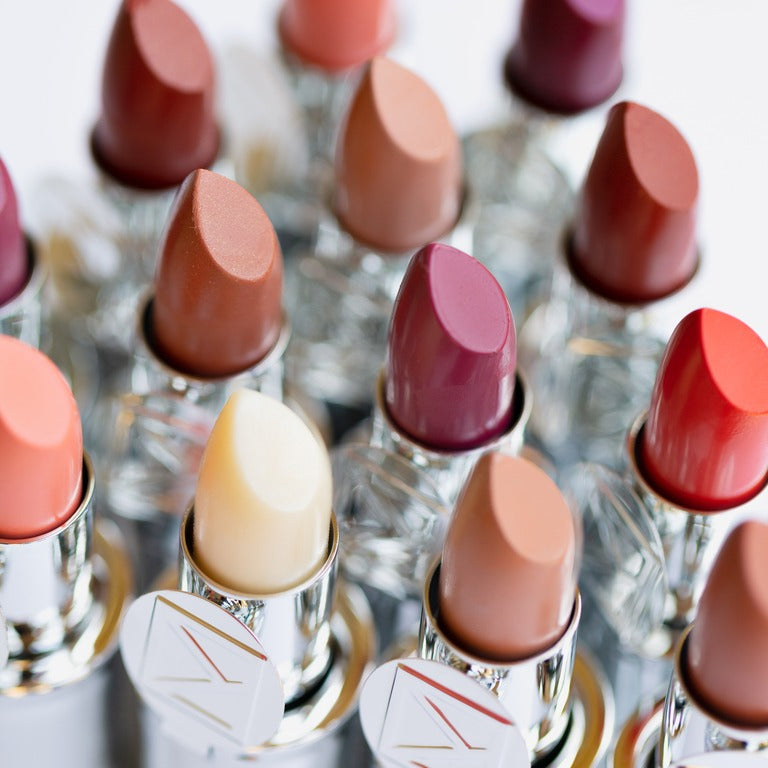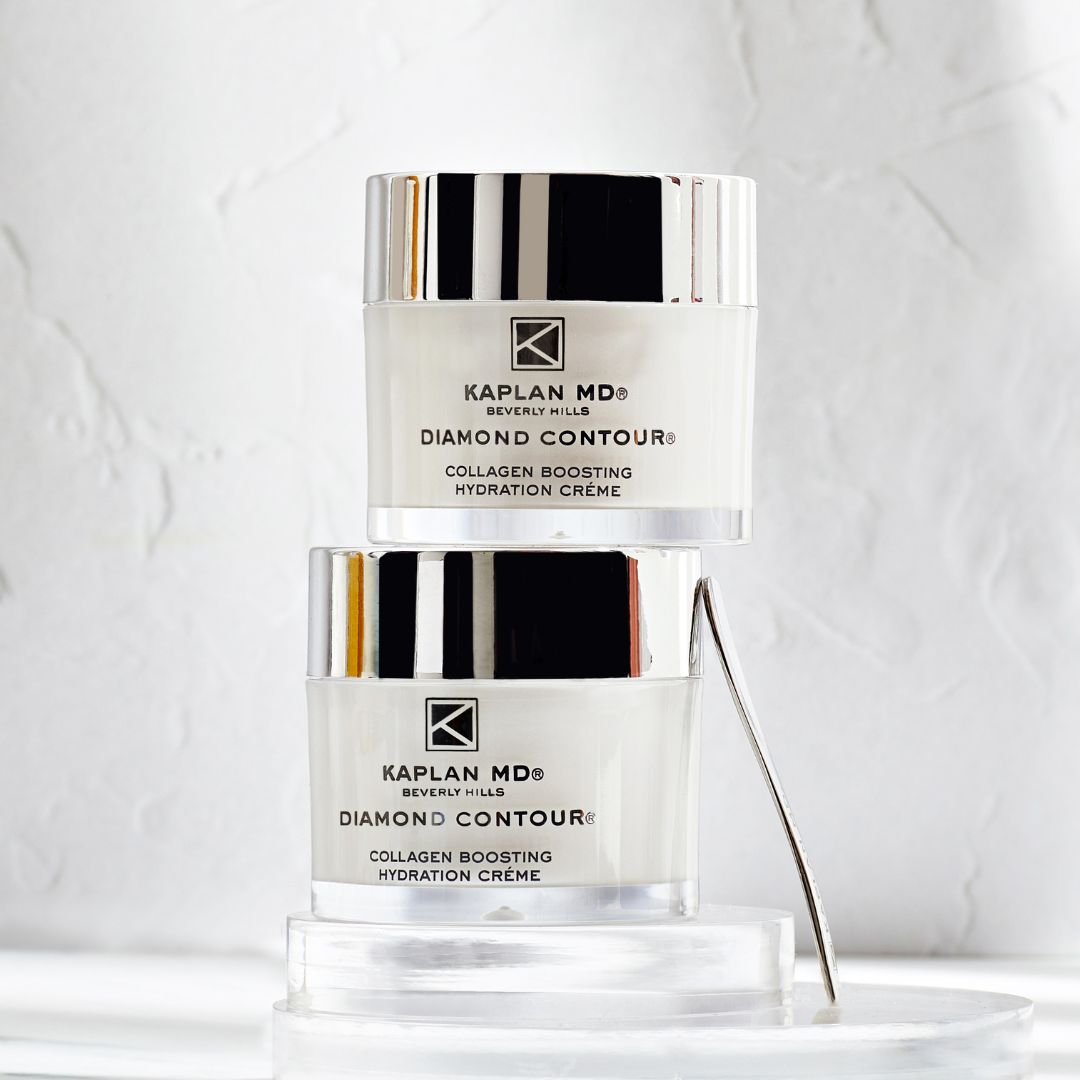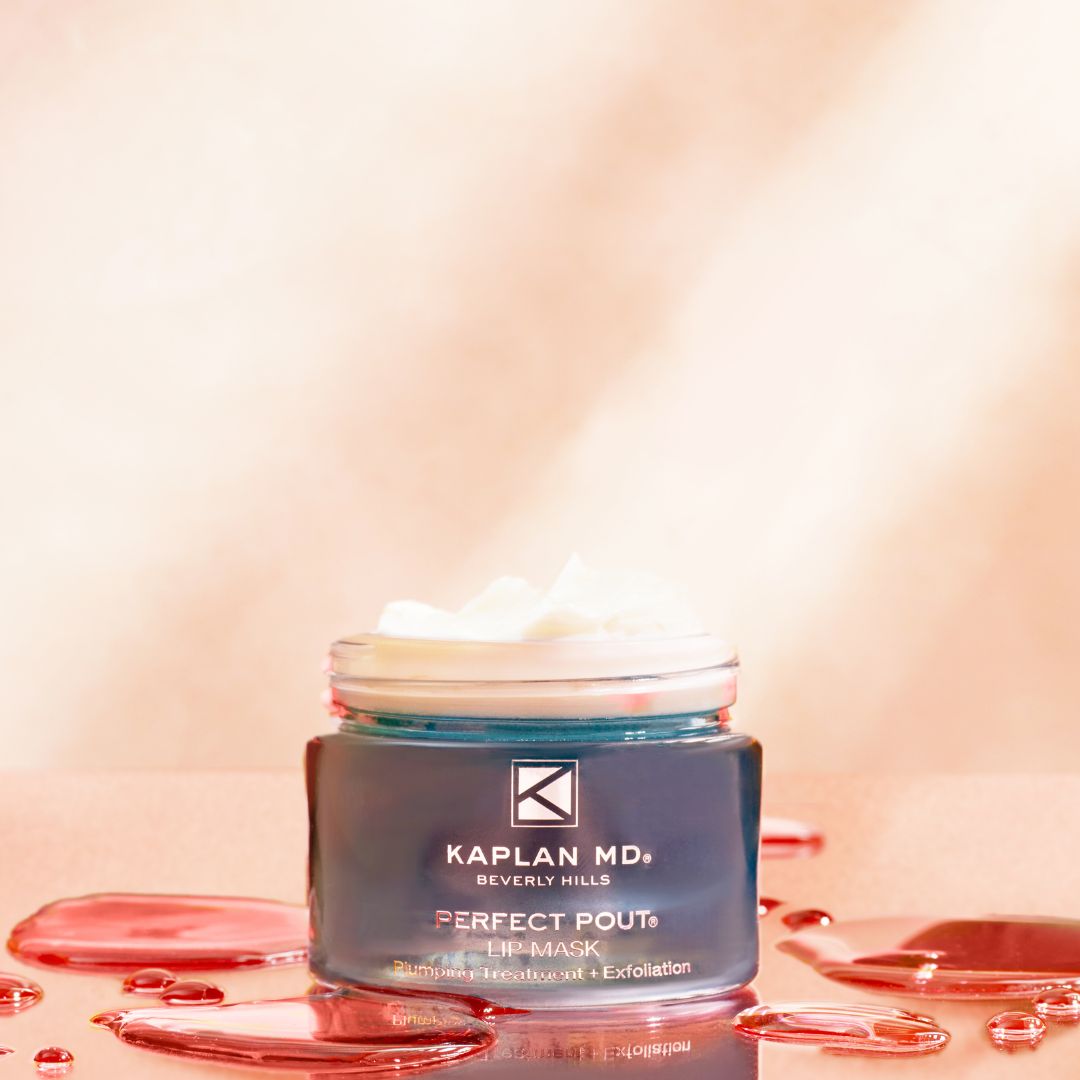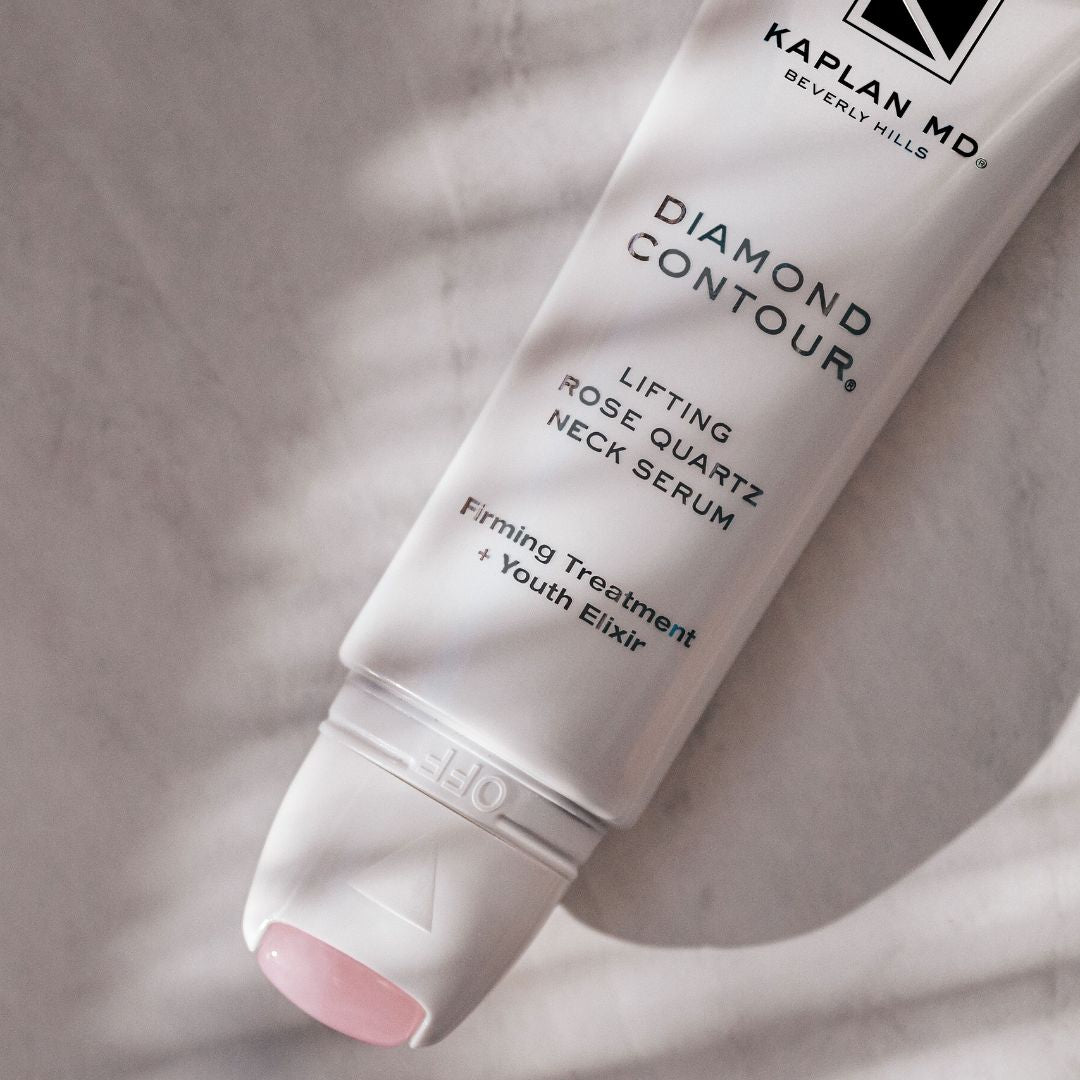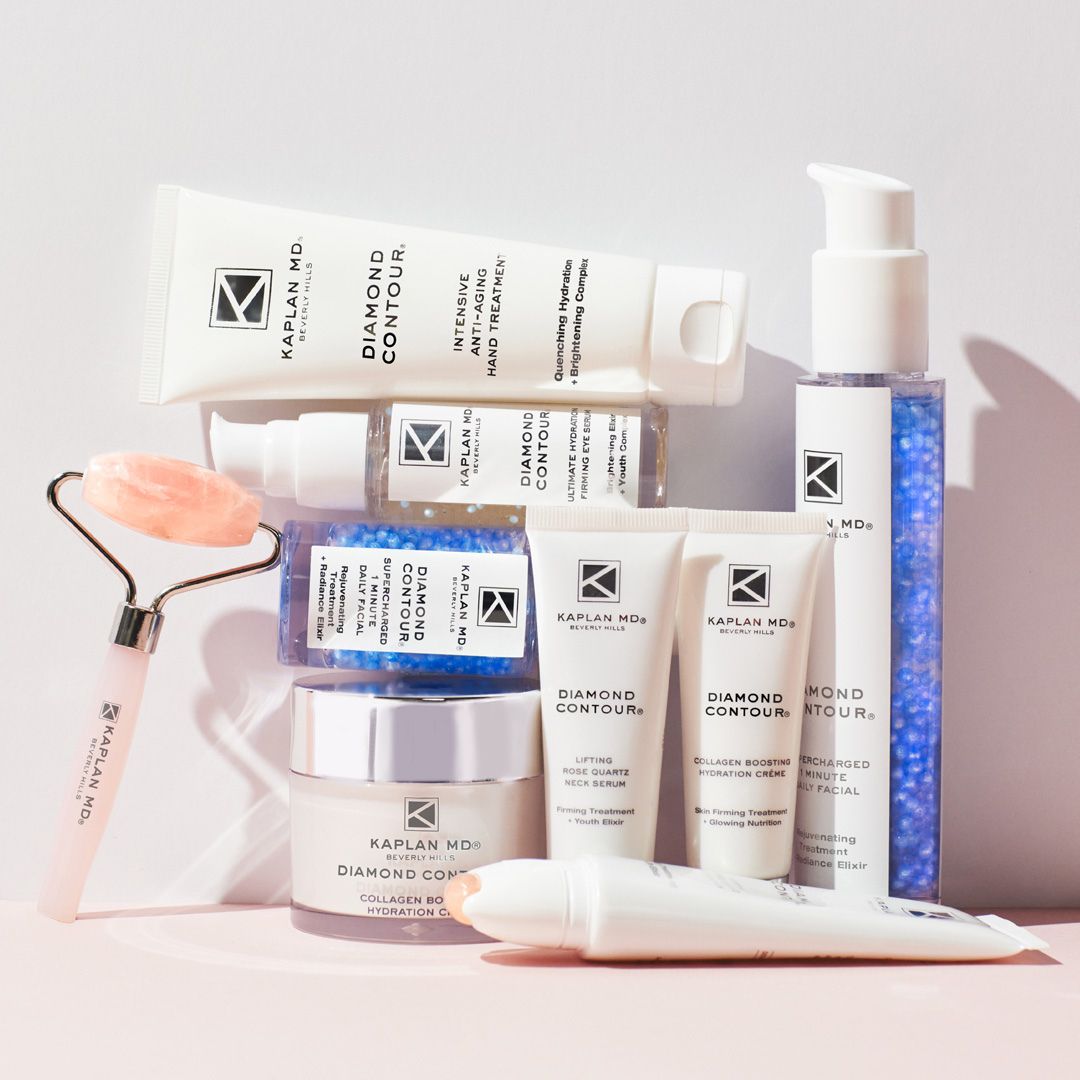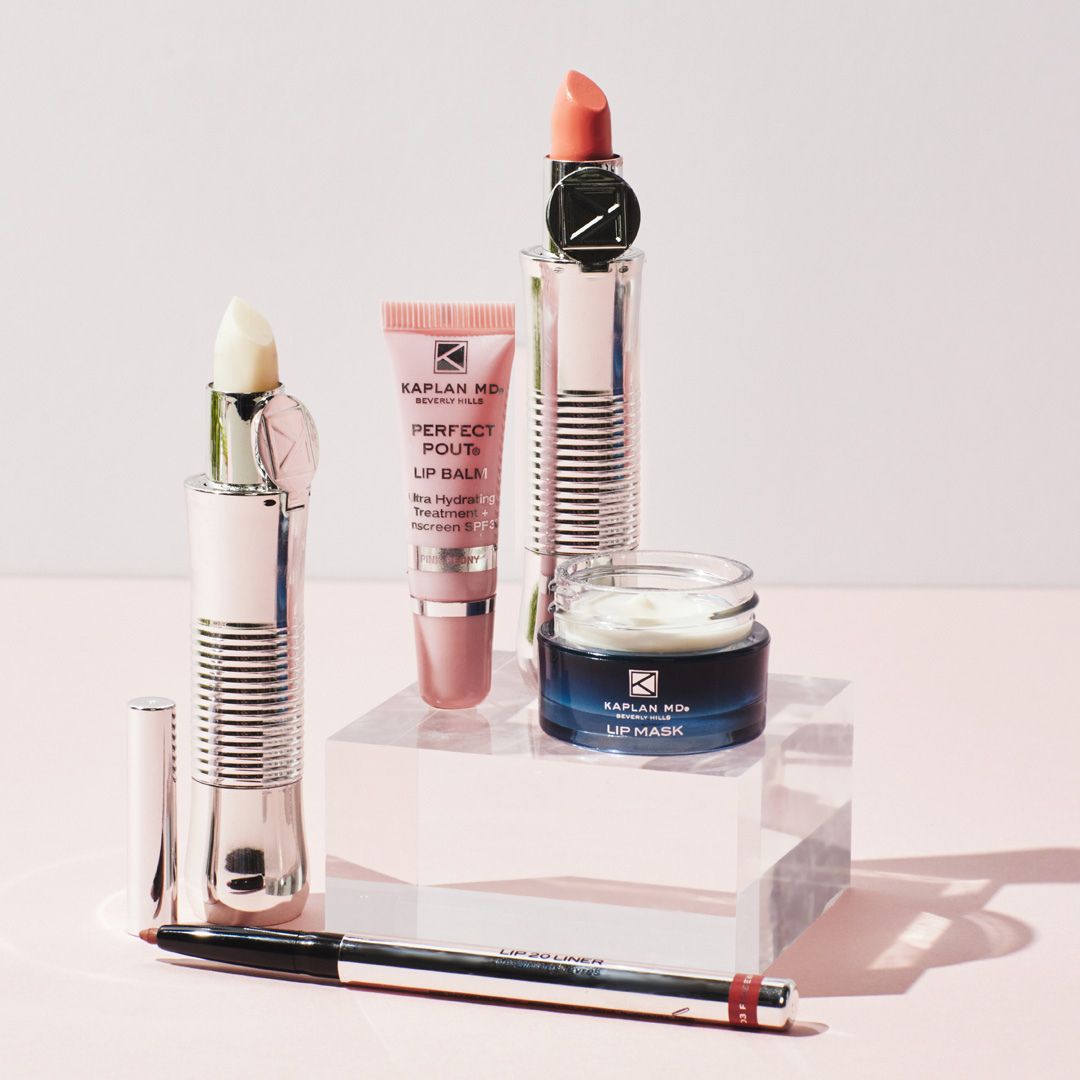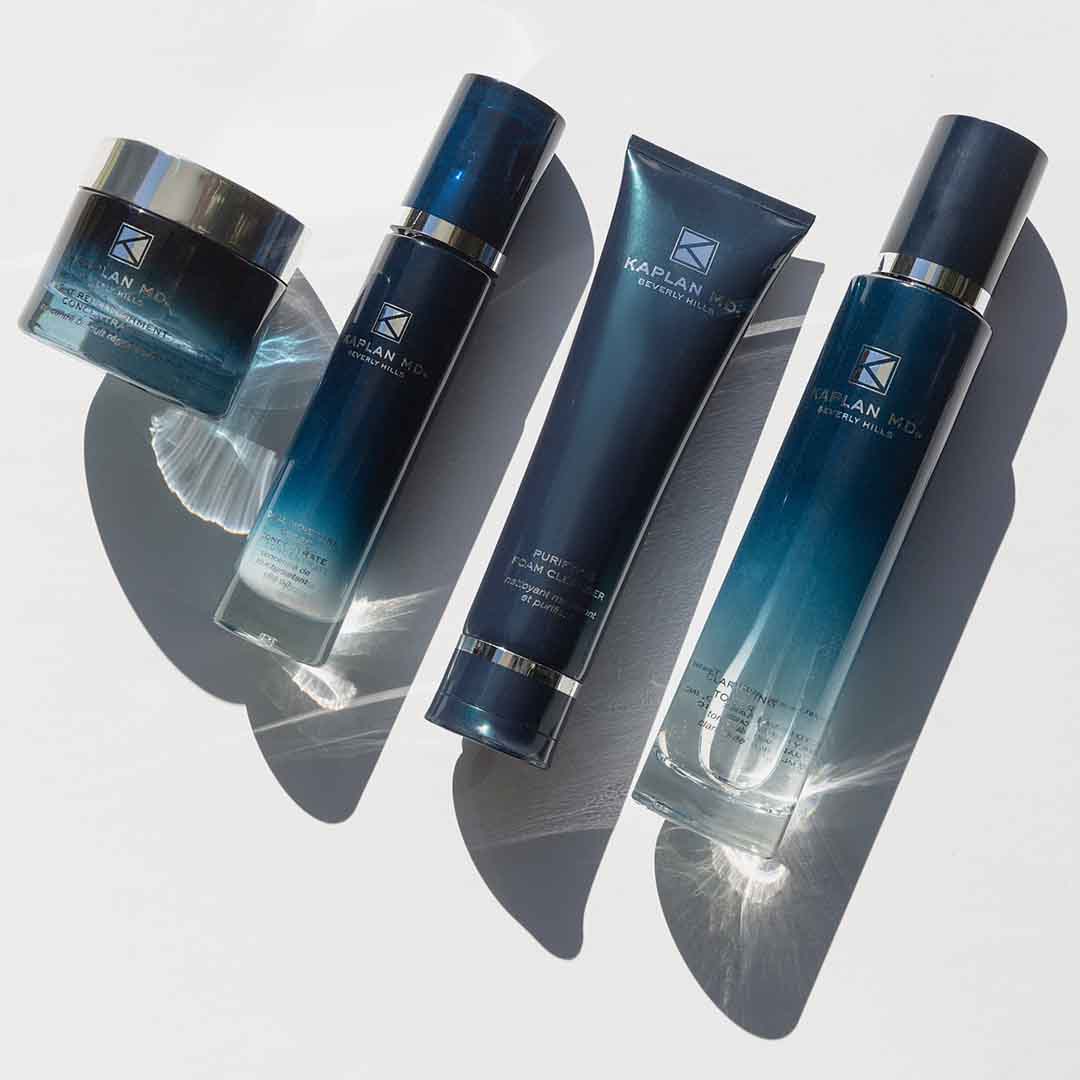Your Cart is Empty
Hurry! 35% Off for a Limited Time Only. Shop Now
Hurry! 35% Off for a Limited Time Only. Shop Now
Bestsellers
Skincare
Collections
The SPF Glossary
September 01, 2017 2 min read
Sunscreens come in many formulations and delivery methods. Whether it’s a spray, stick or moisturizer, the best sunscreen is the one you use every day. Here is a list of key terms to look for when deciding which sunscreen to apply:
- Broad Spectrum - The words “broad-spectrum protection” on a label indicate that the sunscreen contains ingredients that protect against UVA rays as well as UVB.
- Water Resistance - Sunscreens can not be claimed “waterproof”, only water resistant. Just as the claim says, the screen will resist for a period of time, and eventually, wears off. Reapplying sunscreen frequently when in the water is key to protecting your skin!
- SPF - SPF stands for Sun Protection Factor, which indicates a sunscreen’s ability to block UVB rays. Generally speaking, an SPF 15 product supposedly should take you 15 times longer to burn than if you weren’t wearing sunscreen at all. But first, keep in mind that these studies were done on skin that was spread with an even layer sunscreen at 2mg per square centimeter of skin. Most people DO NOT know they need to apply it this thick for the product to be most effective. Second, the SPF number is also an imperfect measure because UVA rays cause skin damage that does not redden the skin or cause pain.
- Physical vs. Chemical Sunscreen Active Ingredients - Physical sunscreens work by deflecting UV light. These include Titanium and Zinc Oxide and are always the ones recommended by dermatologists for maximum sunburn protection. Chemical sunscreens, such as Octocrylene, Mexoryl and Octinoxate, work by absorbing UV light.
Also in Medical
Get 15% Off Your First Purchase
Stay in the loop with exclusive discounts, expert skincare tips, the latest news, and more. Don't miss out on the opportunity to elevate your skincare routine and save on your favorite products.

